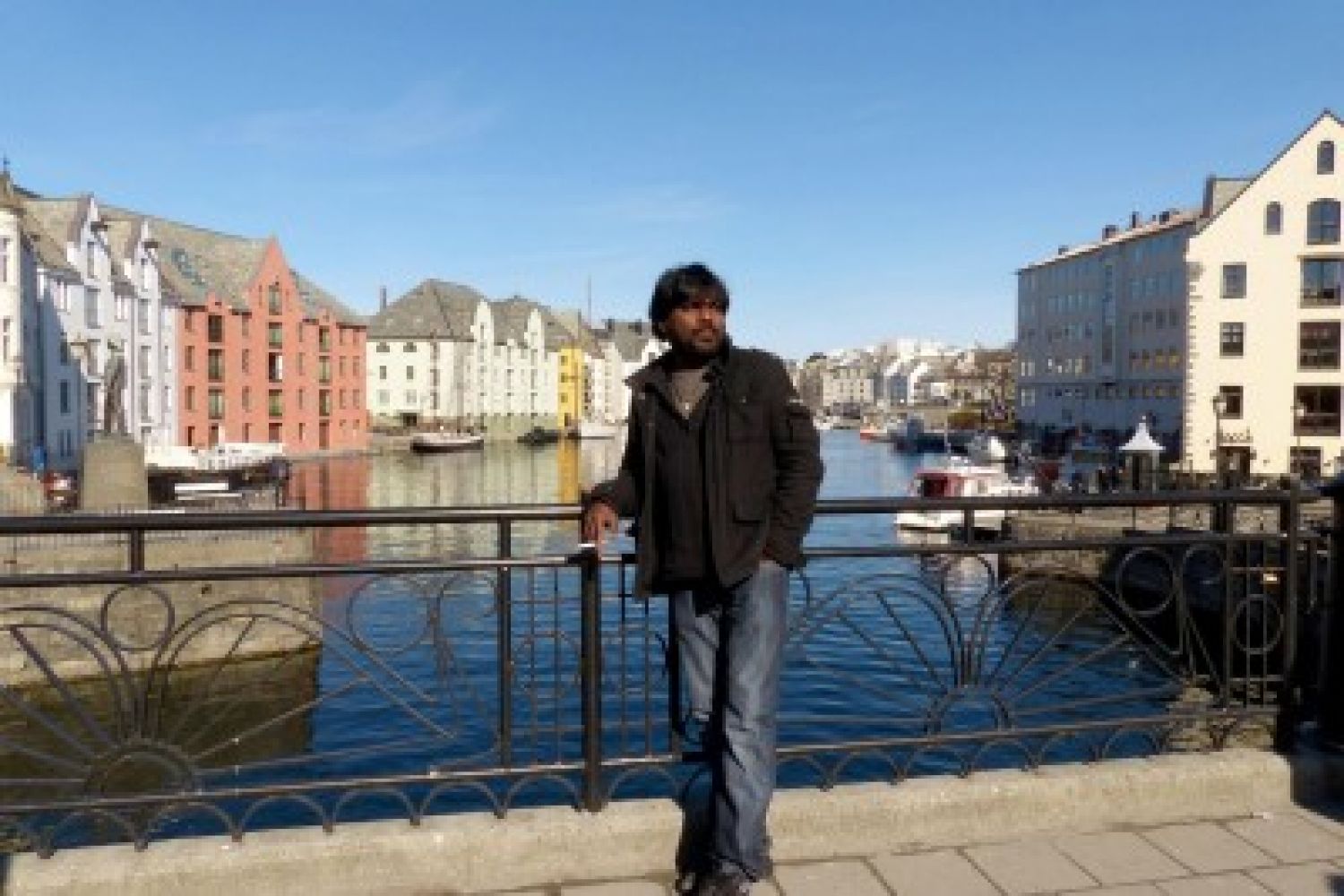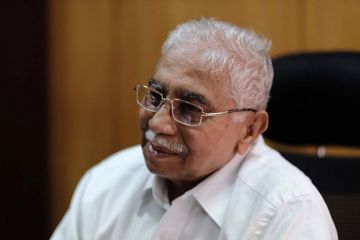
���I don’t think
you can call me a child soldier, because I wanted to join the movement,”
Shobasakthi told me once. That movement was the Liberation Tigers of Tamil
Eelam. His first novel, translated and published in English as Gorilla (2001;
2008), was based on his teenage exploits, an exercise in auto-fiction as he
termed it. The former guerilla is the real deal: idealist, soldier, refugee,
writer and, now, actor, a man of parts hard to define in one sentence. He took





